
Eighty African women leaders in politics, public sector, business, civil society and the media have began a three-day high-level discussions at the United Nations headquarters in New York to enhance the leadership of women in the transformation of Africa.
Drawn from politics, public sector, business, civil society and the media, the participants are using the forum as a platform to launch the African Women Leaders Network.
Ghana's Minister for Gender, Children and Social Protection, Ms. Otiko Afisah Djaba, is representing Ghana at the High-Level meeting, which has special focus on governance, peace and stability.
It is being jointly organized by the African Union Commission, United Nations Women and Germany, to meet the aspirations of Africa Agenda 2063 and Goal 5.5 of the Sustainable Development Goal, that affirm the importance of women's equal opportunities for leadership at all levels of decision-making in political, economic and public life.
Launching the African Women Leaders Network, Ms. Amina J. Mohammed, Deputy Secretary General of the UN, commended the idea to mentor a new generation of women to become political leaders in Africa.
"Women have a voice at levels of decision making in all sectors, from inside the home to boardrooms and Parliaments and State Houses across the continent. This is simply a democratic right. It is an essential tool for success', she stated.
She explained that the 2030 Agenda with its 17 leaders SDGs are a pledge to people by world leaders for peace, prosperity and partnership on a healthy planet.
Urging African women leaders to work together to attain the African Union's vision, which the UN also shares, Ms. Amina Mohammed noted that the network will be a crucial driver for the implementation of both the 2030 Agenda and the Agenda 2063.
At separate panel discussions, all the speakers affirmed the critical contributions Africa women leaders make to peace, security, stability and development in Africa. They also harped on the need to have women representation at the top decision-making bodies.
Ms. Louisa Diogo, Former Prime Minister of Mozambique, stated that women have their own synergy, energy and capacity to do the right things.
Zambia's Gender Minister, Victoria Kalima, said women leaders in her country had teamed up with traditional leaders to effect changes at the community level, which had helped to create the awareness on the need for girl-child education.
Mrs. Bisi Adeleye-Fayemi, former First Lady of Ekiti State in Nigeria, urged women to claim their own space instead of expecting others to do that for them.
Source: ISD (R. Harry Reynolds, New York)
Read Full Story
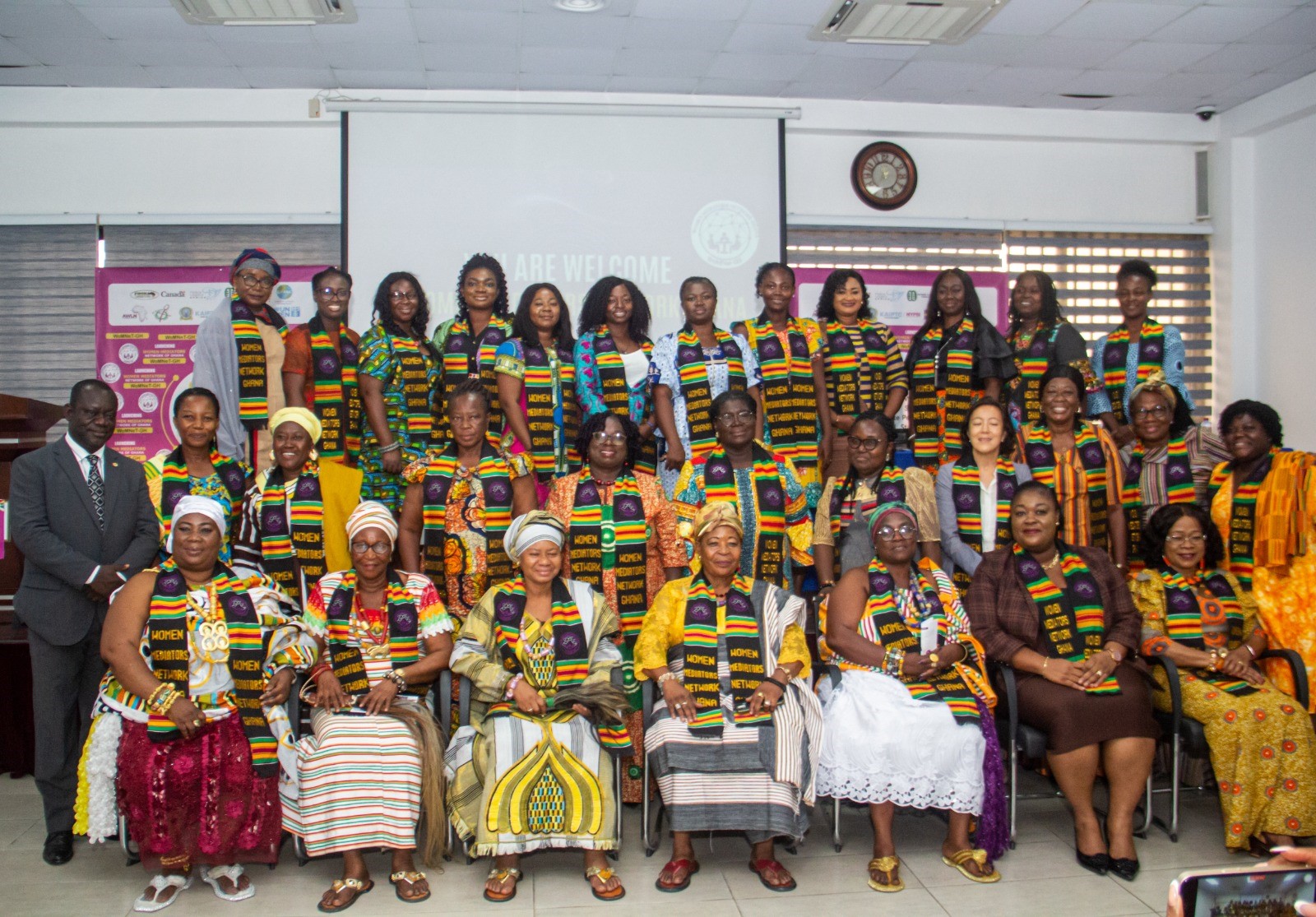
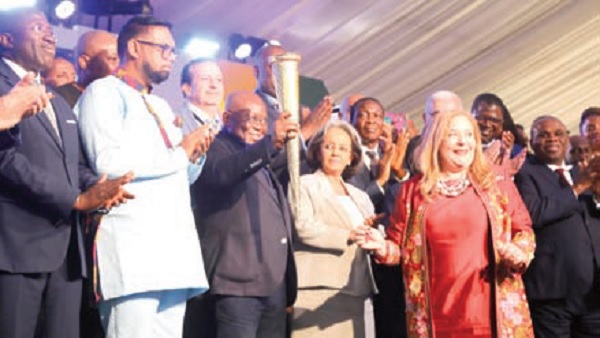
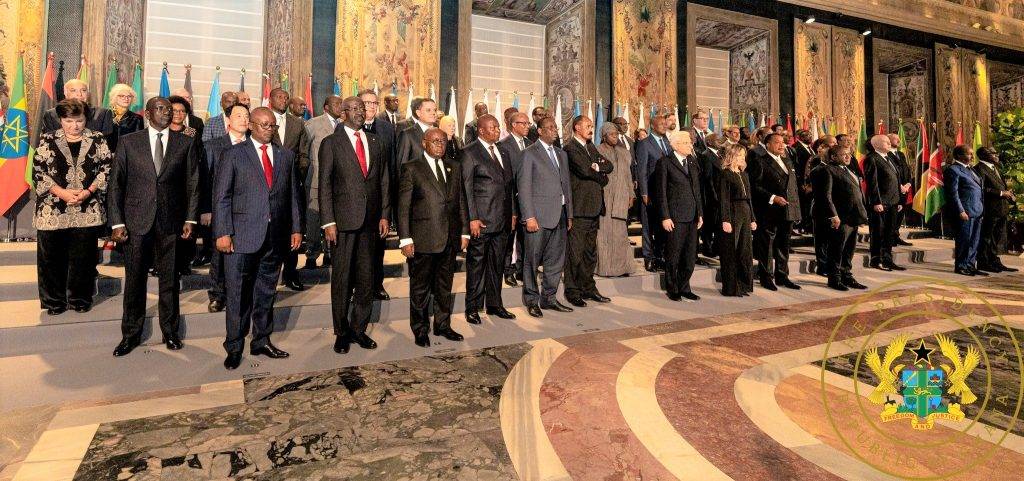
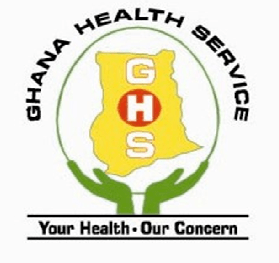
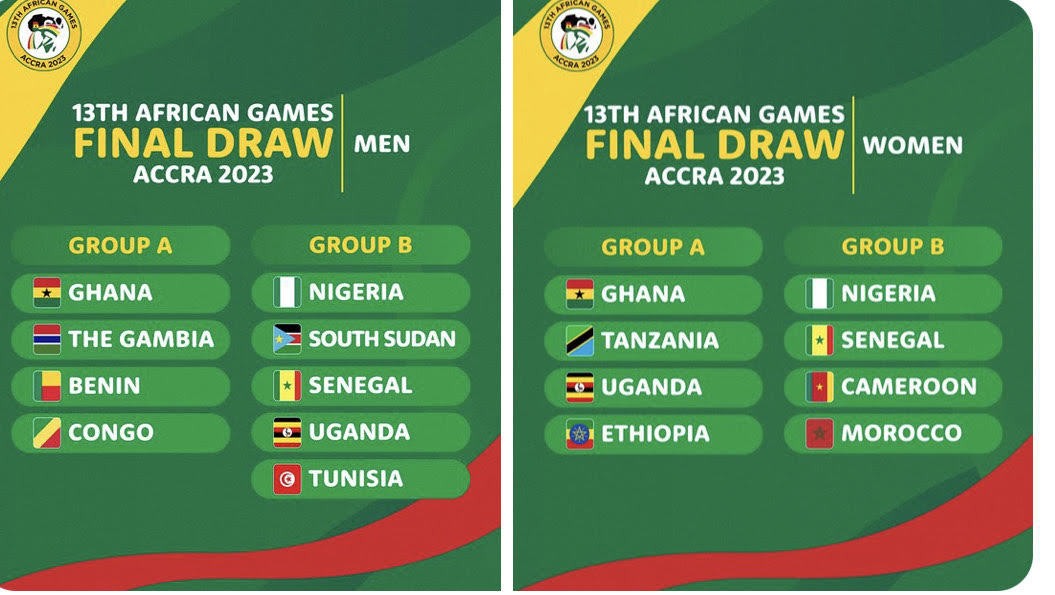












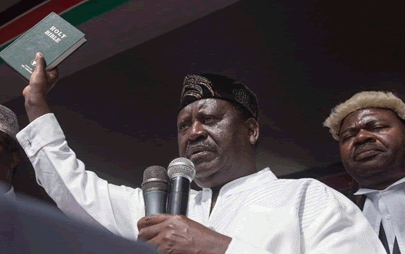





Facebook
Twitter
Pinterest
Instagram
Google+
YouTube
LinkedIn
RSS